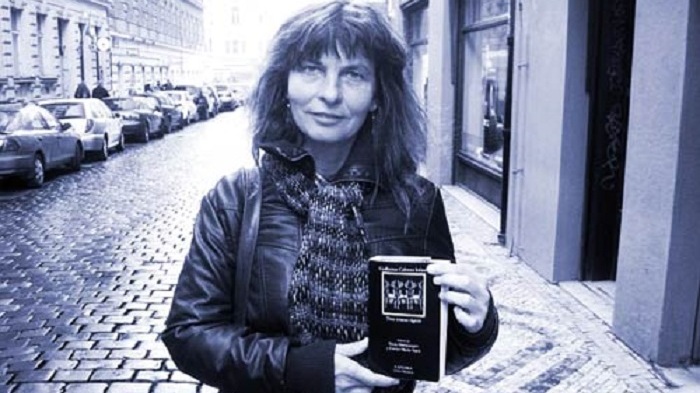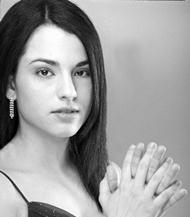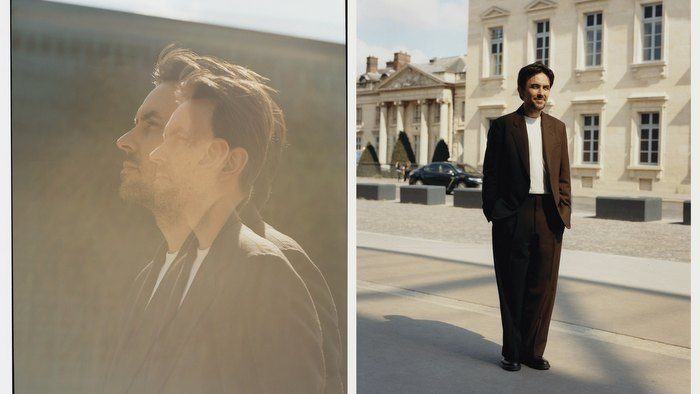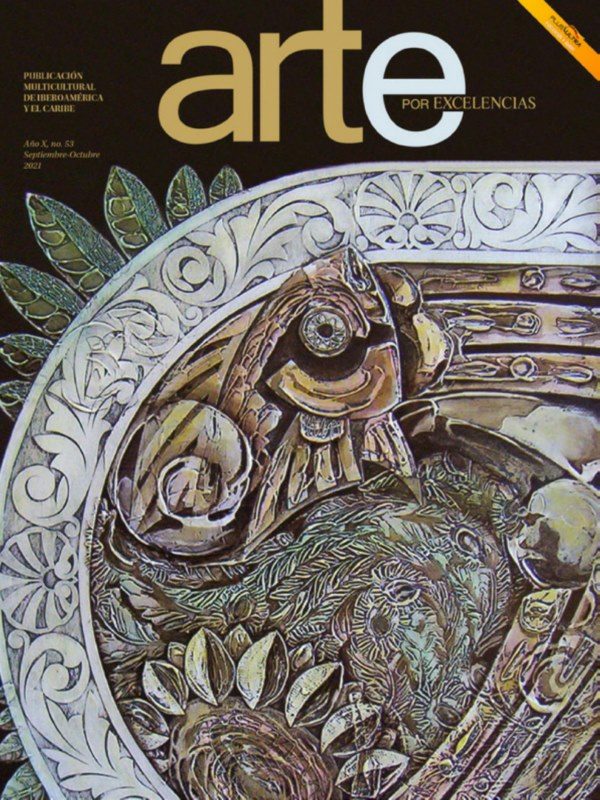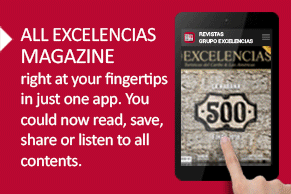By Jorge Coromina
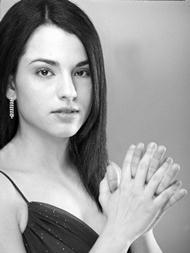 Willanny Darias Martinez is a talented young pianist who got her big stage break in her native Cuba at an age when most girls dream of becoming princesses and go to bed with fairytales. She studied piano all the way from elementary education to high school, winning a bevy of awards in both national and international contests along the way. Now that she’s wrapping up her musical formation at the prestigious Manhattan School of Music in New York City, Caribbean News Digital sat down with her in an exclusive interview to learn about her ongoing experience and her plans for the future.
Willanny Darias Martinez is a talented young pianist who got her big stage break in her native Cuba at an age when most girls dream of becoming princesses and go to bed with fairytales. She studied piano all the way from elementary education to high school, winning a bevy of awards in both national and international contests along the way. Now that she’s wrapping up her musical formation at the prestigious Manhattan School of Music in New York City, Caribbean News Digital sat down with her in an exclusive interview to learn about her ongoing experience and her plans for the future.What can you say about these five years at the Manhattan School of Music? Was it hard to get used to a different country with a different culture and a new environment?
It has been an incredibly fruitful experience. I wouldn’t say it was “hard” to get used to it, but it was certainly a big change, including everything from the language, to the city and lifestyle. There have been lonely moments and frustrating moments, but I’d say these have been greatly outweighed by the inspiring moments - all in all, I have learned a lot and have come out stronger.
One of the things I have always loved about NYC is that I never felt like a stranger because there are just so many people from all over the world - each with their own views, cultures, and personalities. The Manhattan School of Music (MSM) has been a place where I have grown musically and personally, where I have learned not only from the classes but also from my colleagues.
The lessons with my teacher Solomon Mikowsky have guided me in the right direction not only as a pianist but as an artist and person - he has passed on his vast experience to me and given me advice that I will always cherish. The other courses at MSM (some mandatory and some elective) have made me a well-rounded musician, expanded my horizon, provided me with sources of inspiration, and sparked my curiosity toward the immensity of the music and art world - so huge that a lifetime is not enough to explore it. I have also learned immensely from all the concerts, rehearsals, recitals, operas and musical theater that I have attended to at my school, for free - an incredible opportunity to constantly hear and learn from MSM classmates, other students, and sometimes world-class artists.
What are you doing now?
At the moment I have completed the first year in my Master’s degree at MSM - a year where I have grown a lot, as I had to juggle very demanding but inspiring classes at MSM (including one where I studied seven Wagner operas and had tests and essays on each of them) with performing more than I have been used to (including the four rounds at the Panama Competition, my official NYC Debut, two recitals, and several school performances) plus a new and very promising romantic relationship. I have just given a recital here in Havana, which I am so happy about - the hall was full, I saw many familiar faces, enjoyed my performance and I believe the audience did too.
When did you first strum your fingers across a piano keyboard?
I first started playing the piano when I was four years old, on a small keyboard my uncle Jorge Luis (who played the guitar by ear) owned. My piano lessons, on a regular piano, started about a week before I turned five years old, with Prof. Rosalía Capote.
Who discovered the musical talent in you?
I would say my family in general. They realized I had perfect pitch (although they did not know exactly what that was, since they are not musicians). My dad gave a ride to a lady who happened to be a conductor, and who recommended my dad to take me to a piano teacher she knew (Ms. Capote).
How was your musical education in Cuba?
My musical education in Cuba was fantastic. I had many great and immensely dedicated teachers, not only in Piano Performance but in other musical subjects as well. Of course I was first of all lucky that my very first teachers were good, because at that point neither me nor my family had a point of comparison. Starting with Rosalía Capote in Piano and Lucía Varona in Solfege, continuing with my entrance into the Music Conservatory Manuel Saumell, Hortensia Upmann in Piano and many good teachers who taught me other musical subjects throughout those years, and culminating with Teresita Junco and Aldo López-Gavilán in Piano, Iliana García in Harmony and Musical Analysis, and my education at the National School of Arts (ENA).
During those years I also came in contact with other artists with whom I collaborated in one way or the other - like Cuban pianists Nelson Camacho and Roberto Urbay, professors Miriam Cruz and Stanislav Pochekin, among others. Everyone and everything have been a part of my journey and I am immensely grateful for all my experiences in my native country.
Were your parents supportive of your plans to become a pianist?
My parents were always supportive - they both have done so much for me and my career, and even though they are not musicians they always tried to help me in every way possible. They were constantly driving me to school and lessons, talking to my teachers, helping me organize my time, and making sure I had a quiet and comfortable place to practice as well as a good and well-tuned piano. I remember how, when I was a child, my mom would go to my lessons and write down almost everything the teacher said, and this was very helpful for me to remember what to fix when I practiced - thankfully I don’t need to copy everything anymore.
On the other hand, I am very happy that they were never strict. I sometimes like to do precisely what people don’t want me to do (and vice-versa), so I’m glad that they never forced me to practice (or even to continue at a music school) because then maybe I wouldn’t love my career as much as I do now!
When did you start going to piano competitions and festivals?
I played at school festivals when I was 7 and 8 years old, and also at the opening gala of a contest which took place at the Amadeo Roldán Theater. I first went to a competition when I was 9 years old, a provincial contest in Havana, named Amadeo Roldán as well. I remember when they first announced the results and I was standing in the audience next to my parents... They started from bottom to top: first Third Mention, Second Mention, etc. all the way up to the First Prize. After they announced the First Prize and everyone clapped, my heart sank... I thought “I didn’t get anything at all!” and then they announced the Grand Prize, and it was me. Of course I hadn’t known there was such a thing as a Grand Prize, and the extremely low emotion followed immediately by the extremely high emotion made me cry uncontrollably! I could not stop crying and I had to go get my prize while covering my face with my hands...
One of the most memorable moments of your fledgling career was your performance with Cuba’s National Symphonic Orchestra back in 2007. What are your fondest memories of it?
Oh, that was a great moment for me. I had already loved playing with an orchestra during my first concerto performance - when I was 12 and I played a Mozart concerto with the Holguín Symphonic Orchestra, conducted by Ivette Gómez Capote. This great opportunity that followed at 14 years old, with the National Symphonic Orchestra and Mexican conductor Eduardo Sánchez Zúber, was very exciting and new for me. I remember enjoying everything - the collaboration with the conductor and the orchestra musicians, the piano in the hall, the acoustics - and I also remember the concerto being quite difficult. The actual performance was very enjoyable too - there is a sense of comfort and support when you have all those people onstage making music with you and it is a very different experience from playing solo.
Perhaps it’s way too soon to talk about plans in the offing, but you’ve probably by now set your sights on what you’d like to do when school is over. What’s on your mind as far as the future is concerned?
I had an audition some months ago, with pianist and Professor Kirill Gerstein to go study with him in Germany at the Musikhochschule Stuttgart. This is part of an exchange program I applied to through my school. If all goes smoothly with the visa and everything else, I should be studying in Germany for six months starting in September. I also plan to participate in the Iturbi Piano Competition in Valencia, Spain from September 16 to 25. Beyond this – and learning German! - I have no set plans for what I’ll do after my Master’s graduation from the Manhattan School of Music in 2016.
My true goal is to be onstage consistently - to share what I have to offer with as many people as possible, to perform classical music as much as possible, to meet and play with wonderful musicians as well as give solo recitals and perform with orchestras all over the world, and to make a living out of this. How I will go about doing that I am not exactly sure - I know it is a tough and demanding field, with a lot of competition, but I also know that hard work and enthusiasm pay off. It would be interesting to answer this question for you again in five years or so, and see where I am then!
Source: http://www.caribbeannewsdigital.com
Previous publication Major Activities to Celebrate Santiago de Cuba’s 500th Anniversary Announced
Next publication Santiago de Cuba's Carnival: Cultural Heritage of the Cuban Nation
Related Publications
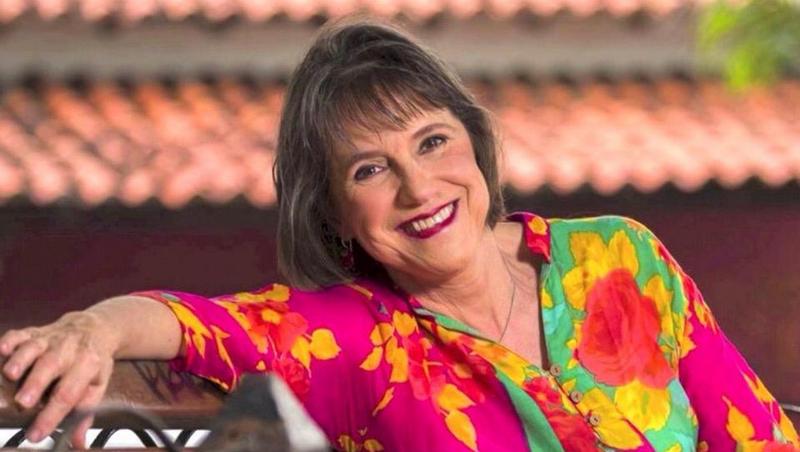
Cecilia Todd. Singing always makes sense
August 21, 2020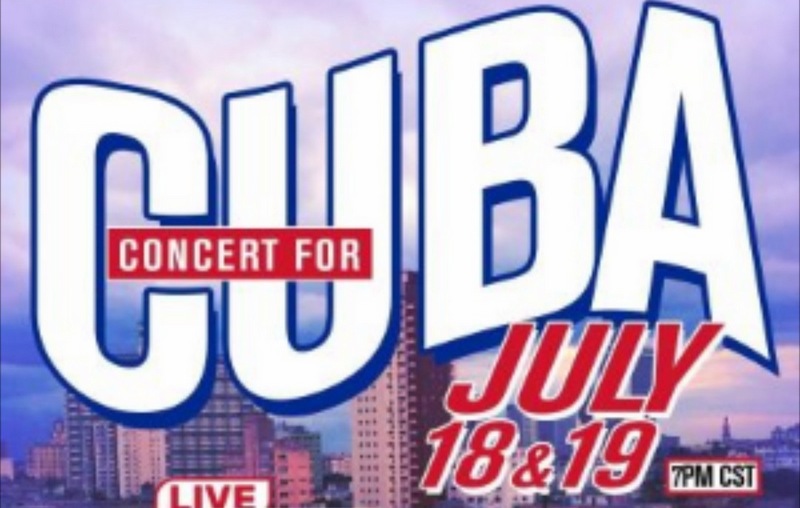
Q & A with Marguerite Horberg of Hot House
July 17, 2020